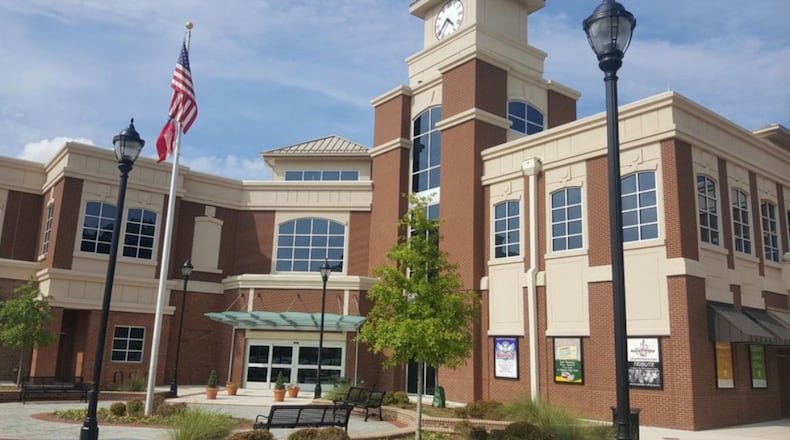As protests continue in Atlanta and across the country over racism and police killings of black men, the Gwinnett County Public Library is providing resources for those who want to learn more — or learn how to talk about race.
The library has created an online hub for resources about race, social justice and civil unrest. There are recommendations of fiction and nonfiction books for kids, teens and adults and links to databases about black and African history, all accessible with a Gwinnett County library card.
READ | Gwinnett Animal Shelter reopens to public, offers free adoptions
The webpage is a version of what the library usually does in person for occasions like Black History Month and LGBTQ pride, said Jenny LaJeunesse, technical services manager for the library system. Typically, there are displays featuring books and other library resources about these topics, and they’re often prepared months in advance. But the widespread protests and increasing discussions about racism and bias created an opportunity for the library to help provide context, LaJeunesse said.
“Our job is to promote materials that reflect current events. It’s not really a new thing for us,” LaJeunesse said. “We just want to help the community find good information about what’s going on around them and information that they may find helpful.”
The webpage is a hub for material on these topics that people might otherwise have a difficult time finding on the library’s website, or might not know exist, LaJeunesse said. There are links to kids’ books about black historical figures, fiction by black writers for audiences of all ages, and a list of anti-racist literature. They also include material about the civil rights movement of the 1960s and other major social justice movements.
It’s hard to tell how much demand for these books have increased in the past few weeks; holds for all books have increased because it’s the only way to get them, LaJeunesse said. The library has exclusively allowed books to be checked out via online holds and curbside pickup for about three weeks, as part of its phased reopening related to the coronavirus pandemic.
But it’s clear some of the titles included in this collection are in high demand. The wait list for “White Fragility: Why It’s So Hard for White People to Talk About Racism” is currently 181 people long and there are six copies within the library system. Wait lists have also accumulated for books by acclaimed black authors Toni Morrison and Zora Neale Hurston.
LaJeunesse expects the list of books and resources to continue growing, and branches may add in-person displays or other ways to keep the discussion of race and social justice going. Library branches are expected to reopen to the public on June 22 with reduced hours, social distancing measures and other coronavirus-related precautions.
About the Author
Keep Reading
The Latest
Featured


